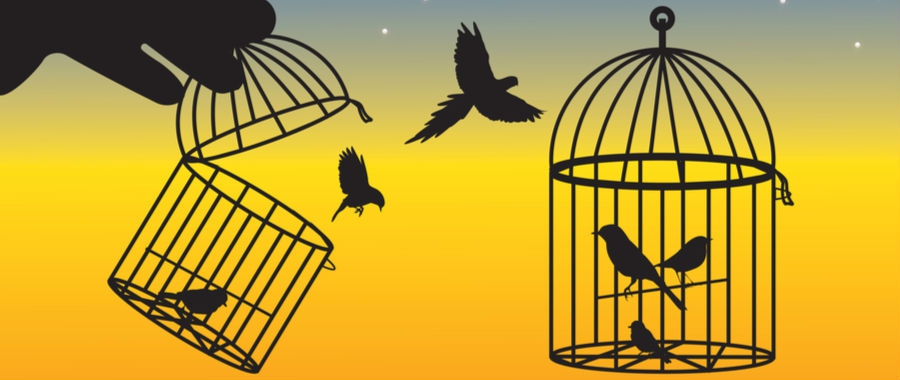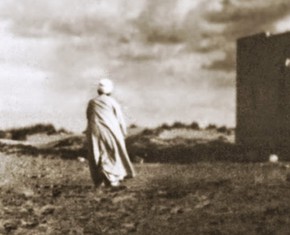The views expressed in our content reflect individual perspectives and do not represent the authoritative views of the Baha'i Faith.
Why do governments and religious leaders always persecute a new prophet? Baha’u’llah asked the same question in his writings:
Were their oppressors to be asked: “Wherefore have ye oppressed them and held them in bondage in Baghdad and elsewhere?” … they would know not what to answer. Thou knowest full well, O my God, that their only crime is to have loved Thee. – Baha’u’llah, Prayers and Meditations, p. 23.
For four months, the family and friends of Baha’u’llah time and again pleaded for his release from the Black Pit in Tehran, and the lifting of the looming threat of execution. Each time the government denied their pleas.
Russian Prince Dimitri Dolgorukov, who served as his country’s ambassador to Tehran, knew Baha’u’llah and his family personally. The Prince appealed for an end to Baha’u’llah’s imprisonment at the Shah’s court. He declared that he was extending the protection of the Russian nation to Baha’u’llah. Because of Prince Dolgorukov’s diplomatic intervention, soon the Shah reluctantly issued an order to release Baha’u’llah from his imprisonment.
This intervention of an official from another country helped set free the founder of the Baha’i Faith—who famously said “The earth is but one country, and mankind its citizens.” – Baha’u’llah, Tablets of Baha’u’llah, p. 167.
Before his release from the Black Pit, Baha’u’llah was interrogated one more time. An envoy was sent to retrieve Baha’u’llah. Tears came to the envoy’s eyes when he saw the horrible conditions in which this noble and innocent man had been imprisoned. He took off his own cloak to place it over the tattered clothing of Baha’u’llah for his appearance at the court. However, Baha’u’llah refused the covering offered him and presented himself at the court as he was.
The Grand Vizier addressed Baha’u’llah with the admonition that if he had stopped associating himself with the Faith of the Bab, as the Vizier had advised him previously, Baha’u’llah would not have had so much suffering. But if the powers of the state had hoped that prison would break Baha’u’llah’s spirit and diminish his resolve, they soon found out that the opposite had occurred. Baha’u’llah answered that had the Vizier followed his advice, “the affairs of the government would not have reached so critical a stage!”
At this point the Vizier recalled a conversation that took place after the execution of the founder of the Babi movement in which Baha’u’llah had told him, “The flame that has been kindled will blaze forth more fiercely than ever.” Realizing that this was exactly what had happened, the Vizier asked Baha’u’llah what he should do next. Baha’u’llah requested that he:
Command the governors of this realm to cease shedding the blood of the innocent, to cease plundering their property, to cease dishonoring their women and injuring their children. Let them cease the persecution of the Faith of the Bab. – Baha’u’llah, quoted by Shoghi Effendi in God Passes By, p. 105.
The Vizier did take Baha’u’llah’s advice and halt the oppression of the Babis—for a while. It was only a short interruption, though, in a series of persecutions that would last for more than 150 years, and which continue today.
Recalling that terrible period of imprisonment, poisoning and torture, one historian later described Baha’u’llah’s release from the Black Pit this way:
By the time Baha’u’llah was released from the Siyah-Chal, He had been already stripped of His vast possessions, His health impaired by the ill-treatment and hardships of life in the dungeon, His neck badly injured and His back bent by the weight of heavy chains; but His soul was in the utmost joy. – Adib Taherzadeh, The Covenant of Baha’u’llah, p. 55.
















Comments
Sign in or create an account
Continue with Googleor